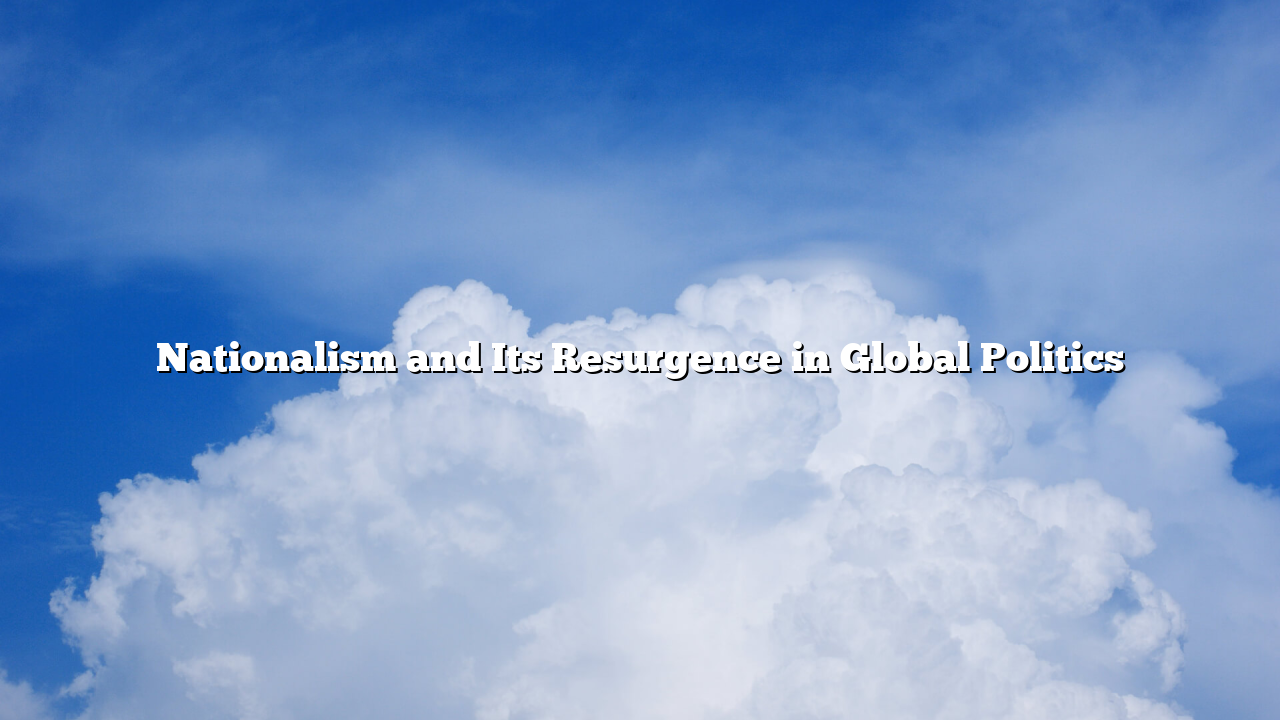Nationalism, the belief in prioritizing national interests above global cooperation, has seen a resurgence in recent years. Across the world, leaders and movements have embraced nationalist rhetoric, often framing politics as a defense of sovereignty, culture, and identity against external vikingtoto influences. While nationalism can foster unity and pride, it also raises concerns about exclusion, conflict, and the weakening of international cooperation.
Historically, nationalism has been a powerful force in shaping states. It played a key role in independence movements, the unification of nations, and resistance to colonialism. In its positive form, nationalism fosters solidarity, strengthens national identity, and motivates citizens to contribute to their country’s development.
In recent years, however, nationalism has taken on more divisive forms. Populist leaders in Europe and the United States have emphasized nationalist policies, often targeting immigrants or international organizations as threats to national sovereignty. Similarly, in parts of Asia and Africa, nationalist movements have framed politics as a struggle against foreign influence, sometimes at the cost of regional cooperation.
One of the driving factors behind modern nationalism is economic insecurity. Globalization has brought prosperity but also inequality, leaving many citizens feeling left behind. Nationalist leaders capitalize on these frustrations, promising to protect jobs, industries, and borders. Cultural anxieties about identity and migration further fuel nationalist sentiment.
The resurgence of nationalism has significant implications for global politics. International institutions like the European Union or the United Nations often face resistance from nationalist governments unwilling to cede authority. Multilateral efforts on issues such as climate change or refugee crises become more difficult when countries prioritize short-term national interests over global cooperation.
In conclusion, nationalism is a double-edged sword. It can inspire unity and pride but also foster division and isolation. The challenge for the 21st century is finding a balance between healthy patriotism and the global cooperation needed to address shared challenges.
